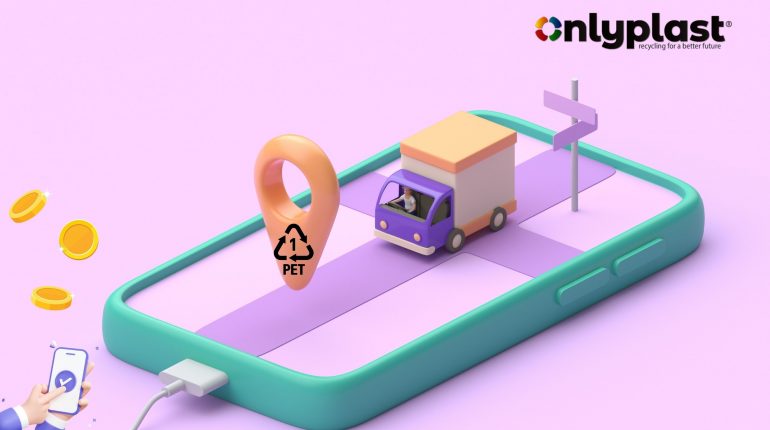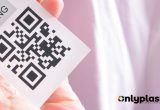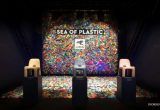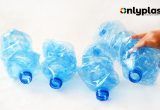Circular economy and plastics recycling: What’s new?
2024 starts with new developments in the recycled plastics sector, although they started to take shape in 2023, this year is the time when they will be implemented or consolidated.
Some of these developments focus on legislation in the case of Europe, while others put the spotlight on the consumer as the main actor capable of definitively tipping the balance.
Legislative changes
Governments are taking more and more steps to promote the use of recycled plastics in packaging. For example, in the case of the European Union, there are further developments in 2024.
If already in 2023 in the EU there was a fee for the use of virgin plastics in packaging, it is in 2024 when non-reusable plastic packaging containing recycled plastics must include a certification to ensure its traceability.
Focus on design for real circularity
Packaging design through measures such as the production of bottles without labels, the use of the same material throughout the entire piece or the promotion of reuse by investing in refill-friendly packaging are some of the challenges that production companies are facing in 2024.
Innovations in recycling, from segregation with AI technology at municipal collection and segregation points to new chemical and mechanical developments for recycling, will continue in 2024.
Apps as an incentive to segregate post-consumer plastics
It has been shown that people are able to change their habits thanks to incentive systems. A clear example is the use of APPs to incentivise the recycling of plastic waste.
In this research work, for example, we study the behavioural change experienced by the consumer through interaction with an APP, Reciclos, when it is part of an incentive process through gamification with the use of APPS.
In the case of APPs, it should be taken into account that the consumer not only accesses a system that rewards them for recycling, but also receives alerts and other communications that reaffirm their behaviour.
Below, we explain two of these recycling APPs and justify why they are different:
- Reciclos is an APP with presence in Spain promoted by TheCircularLab, the innovation centre of Ecoembes. The user, by segregating post-consumer plastics, obtains points that can be used to participate in raffles or donate them to social projects. The mechanics are simple: in the case of recycling in a normal container, you can scan the container and associate it with the barcode of the product to be recycled. Users can also use machines called Reciclos. In these machines, the transaction is carried out directly at the machine without the need for a mobile phone.
- Bower is one of the APPs that is set to shake up the consumer incentive system. With 550,000 users and a current presence in the USA, UK, Denmark, Finland, Norway and Switzerland, it has programmed an expansion into ten new countries including Spain, Germany, Indonesia and Kenya.
Winners of the Global StartUp Adward, will receive support from Google as a partner. The application, which will soon be open source, will have Google’s AI support so that in the future it will be able to scan packaging without barcodes and even differentiate the type of material to be recycled.
Currently, the user of this APP needs to scan the barcode of the product and the container in which it will be recycled to obtain points that can be exchanged for benefits for the consumer or to donate these points to charity.
Similar APPs exist in many countries, e.g. “RecycleMich” in Austria.
Onlyplast Spain is part of the circular economy, specifically plastics recycling as a distributor of recycled plastics globally. We are proud to help close the circle and in order to incorporate more companies and entities to circularity, we regularly publish updated information about the recycled plastics sector. Follow us monthly on our Blog.
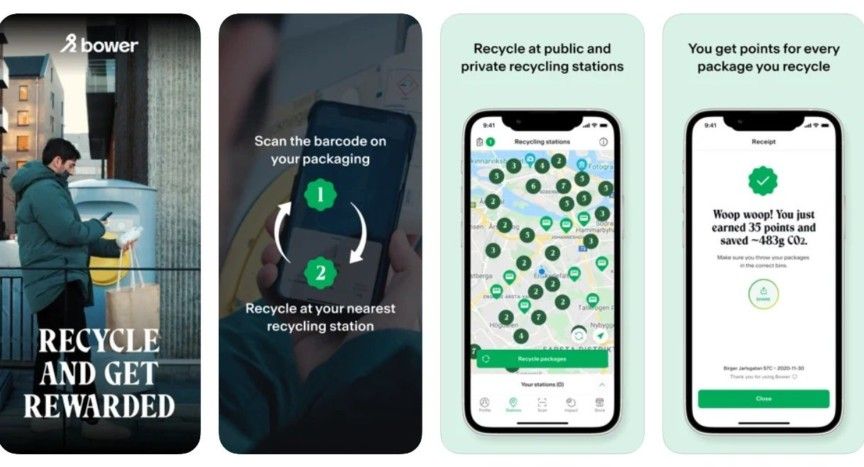
Economía circular y reciclaje de plásticos: ¿Qué hay de nuevo?
2024 comienza con novedades en el sector de los plásticos reciclados, que si bien comenzaron a tomar forma en 2023, es este año el momento en el que se implantarán o afianzarán.
Algunas de estas novedades se centran en la legislación en el caso de Europa, y otras ponen el foco en el consumidor como actor principal capaz de inclinar definitivamente la balanza.
Cambios legislativos
Los gobiernos dan cada vez más pasos para promover el uso de plásticos reciclados en envases. Por ejemplo, en el caso de la Unión Europea este 2024 hay más novedades.
Si ya en 2023 en la UE existía una tasa por el uso de plásticos vírgenes en envases, es este 2024 cuando los envases plásticos no reutilizables que contienen plásticos reciclados deben incluir una certificación que asegure su trazabilidad.
El foco en el diseño para una circularidad real
El diseño de packaging mediante medidas como la producción de botellas sin etiquetas, el uso del mismo material en toda la pieza o el fomento de la reutilización invirtiendo en envases que faciliten la recarga son algunos de los desafíos que abrazan las empresas productoras durante este 2024.
Las innovaciones en materia de reciclaje desde la segregación con tecnología IA en los puntos de recogida y segregación municipales hasta los nuevos desarrollos a nivel químico y mecánicos para el reciclado siguen en marcha durante este 2024.
Las APP como incentivo para la segregación de plásticos postconsumo
Se ha demostrado que la población es capaz de cambiar sus hábitos gracias a sistemas de incentivo. Un claro ejemplo es el uso de APPs para incentivar el reciclaje de residuos plásticos.
En este trabajo de investigación, por ejemplo, se estudia el cambio de comportamiento que experimenta el consumidor gracias a la interacción con una APP, Reciclos, cuando forma parte de un proceso de incentivo mediante gamificación con el uso de APPS.
En el caso de las APP se debe tener en cuenta que el consumidor no solamente accede a un sistema que le premia por segregar sino que además recibe alertas y otras comunicaciones que reafirman su comportamiento.
A continuación, explicamos dos de estas APP de reciclaje y por justificamos por qué son diferenciales:
1.Reciclos es una APP con presencia en España promovida por TheCircularLab, el centro de innovación de Ecoenves. El usuario, por segregar los plásticos postconsumo, obtiene puntos con los que puede participar en sorteos o donarlos a proyectos sociales. La mecánica es sencilla: en el caso de reciclar en un contenedor normal se puede escanear el contenedor y asociarlo con el código de barras del producto a reciclar. También dispone el usuario de máquinas llamadas Reciclos. En estas máquinas se realiza la transacción directamente en la misma sin necesidad de móvil.
2.Bower es una de las APP que ha sido llamada a revolucionar el sistema de incentivo al consumidor. Con 550.000 usuarios y presencia actual en USA, UK, Dinamarca, Finlandia, Noruega y Suiza; ha programado una expansión en diez nuevos países que incluyen España, Alemania, Indonesia y Kenya.
Ganadores de los Global StartUp Adward, va a recibir soporte de Google como partner. La aplicación, que próximamente será de código abierto, contará el soporte de Google en IA con el fin de que en el futuro sea capaz de escanear envases sin código de barras e incluso de diferenciar el tipo de material a reciclar.
Actualmente el usuario de esta APP precisa escanear el código de barras del producto y el contenedor en el que lo reciclará para obtener puntos canjeables por beneficios para el consumidor o destinar estos puntos a obras benéficas.
Otras APP similares existen en muchos países como por ejemplos “RecycleMich” en Austria.
Onlyplast Spain forma parte de la economía circular, en concreto del reciclaje de plásticos como distribuidores de plásticos reciclados a nivel mundial. Estamos orgullosos de ayudar a cerrar el círculo y con el fin de incorporar a más empresas y entidades a la circularidad, divulgamos periódicamente información actualizada sobre el sector de los plásticos reciclados. Síguenos mensualmente en nuestro Blog.
